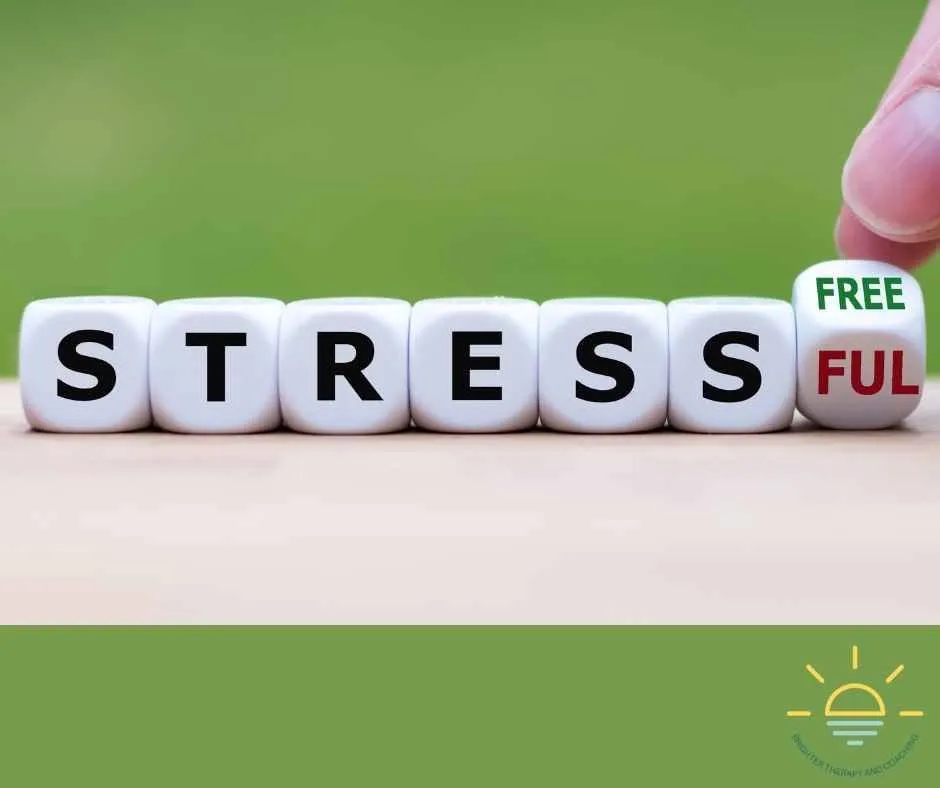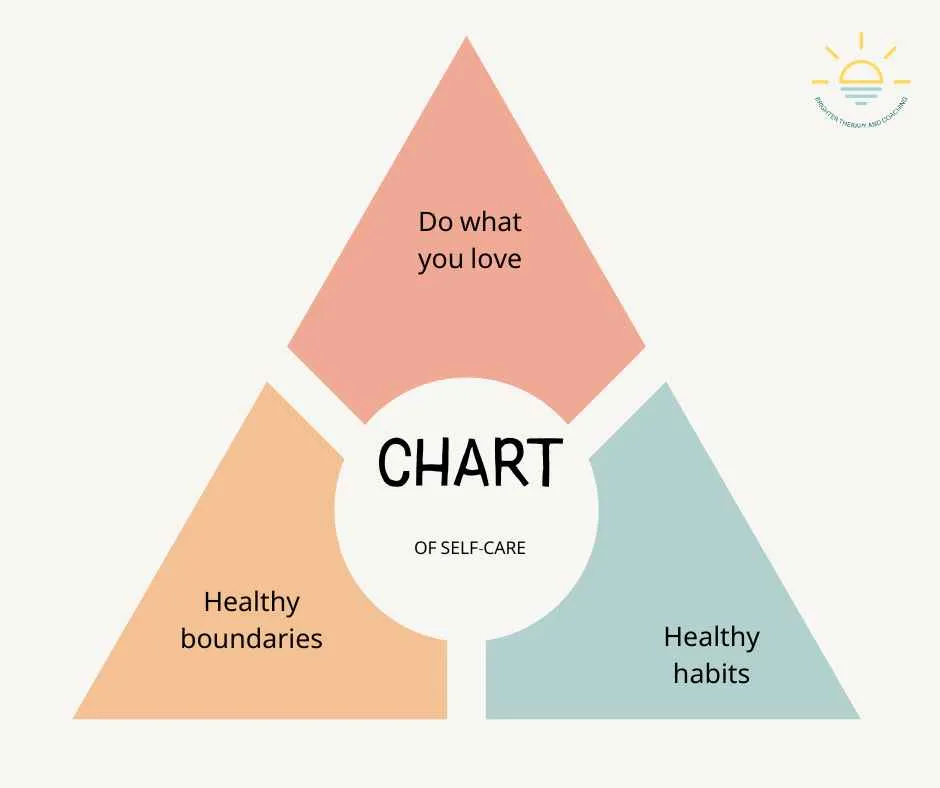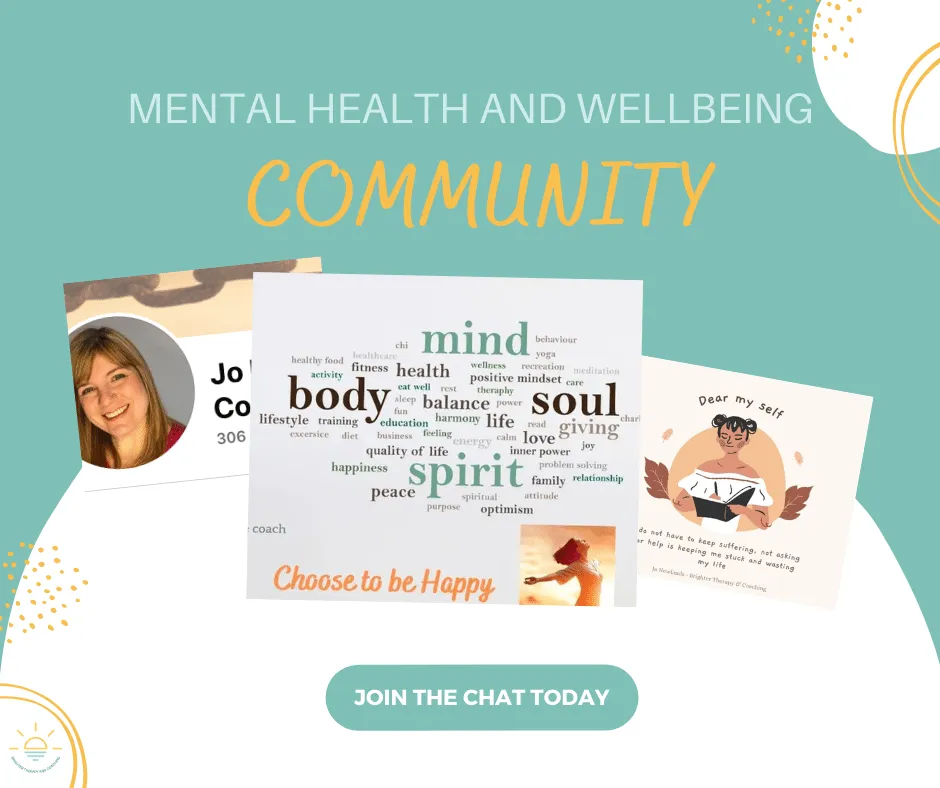What is stress?
In our fast-paced and demanding lives, stress has become an all-too-familiar companion. Whether it’s due to work pressures, personal relationships, or financial concerns, many of us have experienced its impact on our mental and physical well-being. On this page, we will look into stress, its effects, and how we can reduce it so that we may lead a healthier life.
We can define stress as a physiological and psychological response to external pressures or demands. It’s a natural survival mechanism that prepares our bodies to face challenging situations. When we encounter a perceived threat or undergo significant changes, our bodies release stress hormones like cortisol and adrenaline, triggering the fight-or-flight response. While this response can be beneficial in certain situations, prolonged or chronic stress can have detrimental effects on our health.

Types of stress
Acute stress
This is short term and usually occurs in response to immediate challenges, such as giving a presentation or facing a deadline.
Episodic acute stress
This is when individuals frequently find themselves in stressful situations.
Chronic stress
Chronic stress persists over an extended period, often because of ongoing issues like work dissatisfaction or relationship problems.
The impact of stress on health
Stress, when left unmanaged, can have a profound impact on both our physical and mental health. It can lead to a weakened immune system, digestive problems, cardiovascular issues, and sleep disturbances. Stress can also lead to weight gain and insulin resistance, which can then lead on to diabetes, metabolic syndrome, and some cancers. Chronic stress can lead to mental health issues such as anxiety and depression. Recognizing the signs and symptoms of stress is crucial in order to take steps towards managing it effectively.
Stress management in personal relationships
Personal relationships can also be a significant source of stress. Conflicts, disagreements, and the demands of balancing multiple roles can contribute to emotional strain. Ways we can manage this include:
-
Effective communication
Open and honest communication is key to resolving conflicts and reducing stress in relationships. I have seen that couples who practise expressing their feelings and concerns, while also actively listening to the other person’s perspective, work better together. This way, they can seek compromise and work towards finding mutually beneficial solutions.
-
Quality time
Prioritise self-care to ensure your own well-being within personal relationships. Take time for activities that rejuvenate you, practice self-compassion, and set aside alone time to recharge. When you take care of yourself, you are better equipped to manage stress within relationships.
-
Self care
Take regular breaks throughout the day to rest and recharge. You could try stretching, deep breathing exercises, or short walks. These slight breaks can help reduce stress levels and improve focus and productivity.
-
Setting boundaries
Establish clear boundaries and expectations within relationships. Communicate your needs and respect the boundaries set by others. This helps maintain balance and reduces stress caused by overcommitment or feeling overwhelmed.
-
Conflict resolution
Leading on from learning how to communicate, couples that learn effective conflict resolution skills are more able to address issues in a healthy and constructive manner. They learn how to avoid harmful behaviours like blame, criticism, or avoidance. Instead, focusing on finding common ground and seeking resolutions that promote understanding and harmony.
Stress management at work
Work stress is common, caused by long hours, tight deadlines, and conflict. Some ways we can manage this are:
-
Time management
Focus on tasks and break them down into smaller, more manageable steps. Set realistic deadlines and avoid over-committing yourself. This can reduce the feeling of being overwhelmed and help you maintain a better work-life balance.
-
Boundaries
Understand your own individual skills and abilities will boost your confidence and self-esteem.Establish boundaries between work and personal life and avoid checking emails outside of work hours. Dedicate time to activities that help you relax and unwind, promoting a healthier work-life balance.
-
Breaks and relaxation
Take regular breaks throughout the day to rest and recharge. You could try stretching, deep breathing exercises, or short walks. These slight breaks can help reduce stress levels and improve focus and productivity.
-
Communication
Clear and open communication with colleagues and superiors is crucial. Express your concerns or workload issues to avoid excessive stress. Effective communication fosters a supportive work environment and helps build positive relationships.
-
Nurturing a supportive work environment
If you can lead by example and foster collaboration, respect, and empathy among your colleagues, they might do the same. Talking to HR about promoting employee well-being is worth considering..
Unhealthy coping mechanisms
While it’s essential to develop healthy strategies to manage stress, it’s also crucial to be aware of and avoid unhealthy coping mechanisms that can provide temporary relief but have long-term negative consequences.
Substance abuse: Turning to alcohol, drugs, or other substances as a means of escape from stress is a dangerous coping mechanism. These substances can provide temporary relief, but they can ultimately worsen stress, lead to addiction, and cause health and social issues..

Emotional eating: Using food to cope with stress, especially indulging in unhealthy, high-calorie comfort foods, can lead to weight gain, nutritional deficiencies, and a negative cycle of emotional eating. Instead, focus on adopting a balanced and nourishing diet that supports overall well-being.
Procrastination: Putting off tasks or responsibilities in the face of stress may provide temporary relief, but it ultimately leads to increased pressure and a sense of being overwhelmed. Procrastination can contribute to decreased productivity, missed deadlines, and heightened stress levels.
Avoidance: Avoiding or withdrawing from situations that cause stress may seem like an easy way out, but it can prevent personal growth, hinder problem-solving, and create long-term anxiety. Confronting and addressing stressors directly is essential for effective stress management.
Excessive screen time: spending hours scrolling through social media or binge-watching television shows can be escapism but offers little real stress relief. Instead, it can lead to decreased physical activity, disrupted sleep patterns, and increased isolation.
Aggression and anger: Some individuals cope with stress by venting their frustrations through aggressive or angry behaviour. This coping mechanism harms relationships and causes more stress.
Self-isolation: Withdrawing from social interactions and isolating oneself when experiencing stress can intensify feelings of loneliness, amplify negative thoughts, and impede the support that relationships can provide. Seeking support from loved ones is crucial for stress management.
Recognising these unhealthy coping mechanisms is the first step towards replacing them with healthier alternatives. By consciously choosing positive coping strategies, we can break free from the cycle of stress and move towards greater well-being.
Healthy coping mechanisms
Now we understand the negative impact of unhealthy coping mechanisms, let’s explore some healthier alternatives for managing stress:

Exercise
Engaging in regular physical activity releases endorphins, which are natural mood boosters. It promotes relaxation, reduces stress levels, and improves overall well-being. Find activities you enjoy, such as walking, yoga, or dancing, and incorporate them into your routine.
.

Mindfulness and meditation
Practising mindfulness and meditation can help calm the mind, increase self-awareness, and reduce stress. Try to carve out a few minutes each day for focused breathing exercises or guided meditation to cultivate a sense of calm and clarity or learn how to spend every day in active mindfulness where you become more calm, centred, and focused consistently. These techniques promote a sense of tranquillity and help us manage stress more effectively.

Journalling
Writing down your thoughts and feelings in a journal can be a therapeutic way to process and manage stress. It allows for self-reflection, helps identify patterns, and provides an outlet for expressing emotions.

Social support
Sharing our feelings and concerns with trusted friends, family, or support groups can provide comfort and perspective. Having a support network allows us to feel understood and lessens the burden of stress. Reach out to friends, family, or support groups when you’re feeling overwhelmed.

Healthy lifestyle choices
Prioritise self-care by adopting healthy lifestyle habits. Nurturing our bodies with a balanced diet, sufficient sleep, and limiting the consumption of stimulants like caffeine and alcohol can contribute to stress reduction. Explore stress management techniques like deep breathing exercises, progressive muscle relaxation, or aromatherapy. These techniques can help calm the body and mind, reducing stress and promoting a sense of well-being.

Hobbies and recreation
Engage in activities that bring you joy and relaxation, such as painting, gardening, playing a musical instrument, or taking part in sports. These activities provide a healthy outlet for stress and allow you to recharge and rejuvenate.

Time in nature
This can help you explore your spiritual beliefs and develop a deeper connection to their purpose.Spending time outdoors and connecting with nature has been shown to have a positive impact on stress levels. Take walks in the park, go hiking, or sit in a garden to enjoy the calming effects of nature.

Time management
Organise your time to minimise stress. Prioritise tasks, create a schedule, and break down larger projects into smaller, manageable steps. By managing your time, you can reduce overwhelm and increase productivity.

Professional help
If stress becomes overwhelming or interferes with your daily life, seeking professional help is crucial. Mental health therapists, such as myself, can provide guidance, support, and therapeutic interventions tailored to your specific needs.
By adopting these healthy coping strategies, you can manage stress and improve your well-being. Remember, it’s important to find the techniques that work best for you and integrate them into your daily life. Taking positive steps to manage stress will empower you to lead a healthier, more balanced life.
Want to know more about natural defence mechanisms and coping strategies? Find out more here.
You might be interested in:
-
Brighter Therapy and Coaching Blog
I post regularly on mental health topics, recommendations and tips to help you live your best life. Read more blog posts here.
I help you to help yourself...
In-person
Focused one to one sessions which make you the centre of attention. It's all about you and I'm here to make you feel as comfortable as possible...
Phone or video call
Prefer not to meet in person or too far to travel?
Schedule a one to one call with me either on the phone or Zoom video call and I'll take you through the process as if you were in the room.
Virtual group
Join in with other like-minded souls on the same journey of transformation who are as hungry as you to start living their best lives...
Join my Facebook community
My mental health and wellbeing Facebook group is to encourage a balanced happy inspired life, building on the principles of a positive mindset, healthy habits, goal setting, gratitude, fun, maintaining healthy relationships and a focus on self care.
Courses and workshops - coming soon!
Coming soon in 2023 - my bespoke courses on topics including stress-busting, anxiety and how to reduce panic attacks.
Copyright © 2023 Jo Newlands. All rights reserved
Address
Perthshire, Scotland PH6


